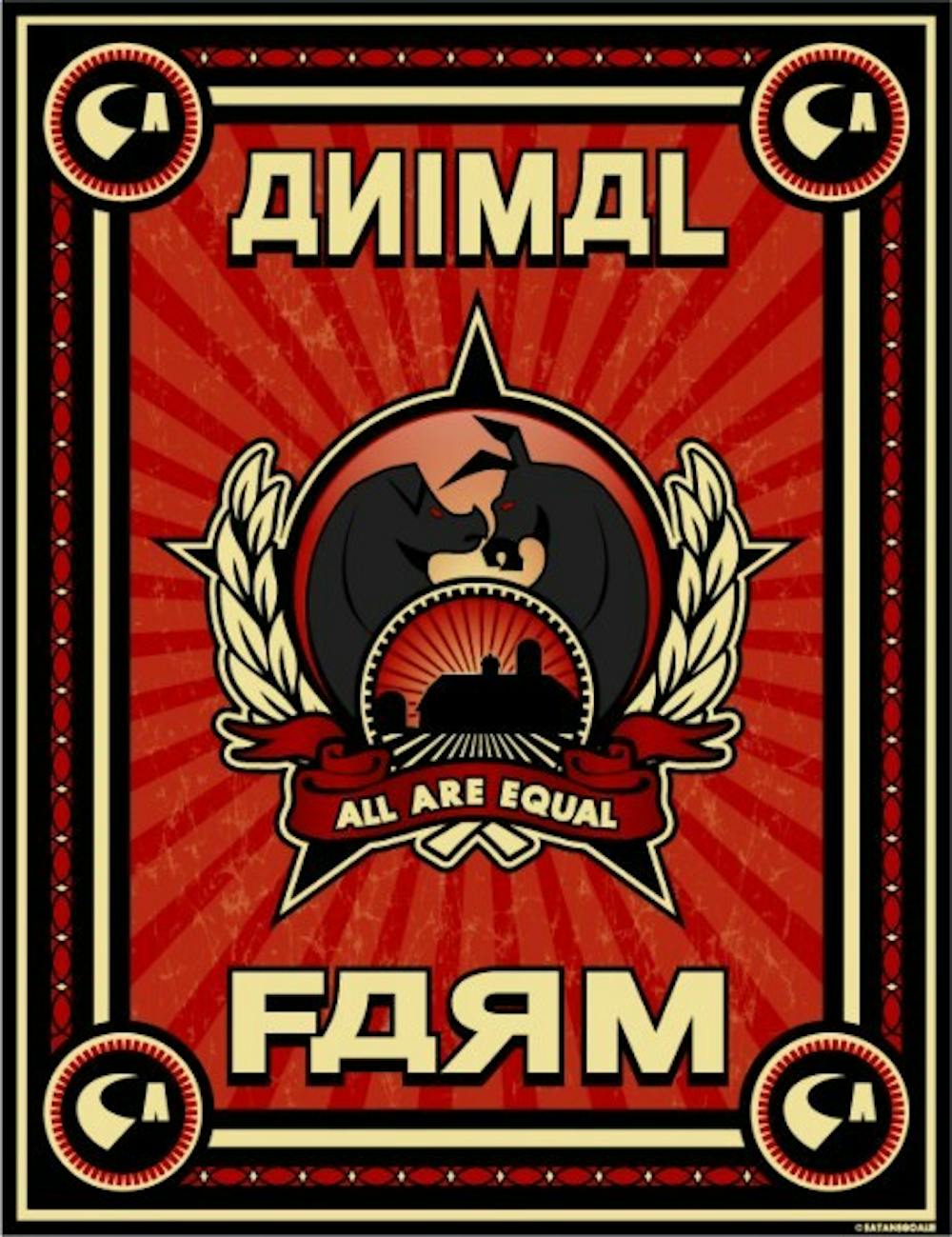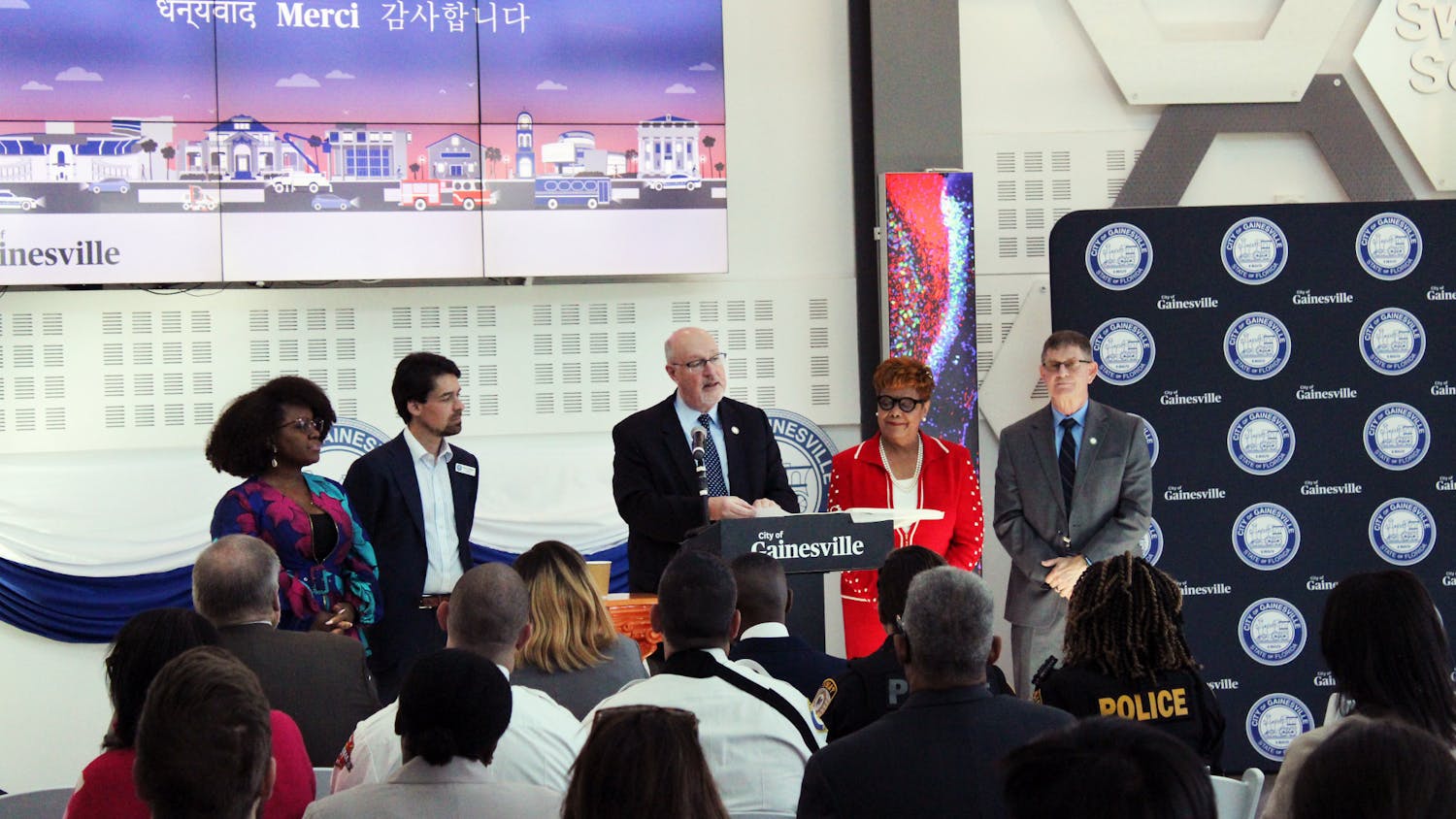Something I hear a lot: “I hated the books that I was given to read in high school.” A variation, which is pretty much the same: “I love to read, I just really hate the stuff our teachers gave us.”
On one hand, I can understand the urge to feel very little for books that were, more or less, forced upon you. It was called “required reading” after all.
On the other hand, the stuff you read in high school isn’t as bad as you make it out to be. I know! Calm down. I did not grade my teacher’s papers with the same frequency you are thinking. Just, you know, when I had the time.
Even if the idea of rereading “The Crucible” makes your whole body seize up and start to cold sweat with the impending boredom, maybe it’ll be more interesting if you knew that Arthur Miller married Marilyn Monroe? Or that he wrote the screenplay for the movie “The Misfits”? Or that his play, “After the Fall,” is considered to be an autobiographical reflection of his relationship with Monroe, written just after her suicide.
Here are some more fun facts you might not know about authors you are sure you don’t like.
Charles Dickens
You might have read “Great Expectations” or maybe “A Tale of Two Cities.” But did you know that the bleak conditions Dickens wrote about were autobiographical? His family was imprisoned for debt, and at 12 years old, he avoided going to debtor’s prison with them by being put to work at a factory. The experience scarred him so fundamentally that he only spoke about it to his wife and closest friend and churned out an entire oeuvre of works about youth in poor conditions. He had an affair with a young actress in his theater troupe (I find it notable that her middle name was “Lawless”) and was a hero in a train accident. His life was crazy. Oh, he also was close friends with Hans Christian Andersen and nearly kicked him out of his home.
One last thing about Dickens, because he gets such a bad rap: He’s really funny! In one of his early serial publications, “The Mudfog Papers,” Dickens writes about a fictional organization, “The Mudfog Society for the Advancement of Everything,” which is a parody of the numerous “societies,” or tiny social groups, interested in the advancement of something that were trendily popping up all over Victorian England. When he talks about loving couples being, God bless ‘em, pretty much the worst, he gives a highly detailed and slightly strained recount of that thing really affectionate couples do when they steal each others’ food and pout a lot at each other. Those guys are the worst.
George Orwell
You may know him from reading “Animal Farm” in middle or high school or “1984” when someone told you it’d change your life. But let me tell you some things about Orwell: his life, like Dickens’, was also crazy. He was a journalist, anarchist, socialist and anti-philanthropist. He was sent to fancy boarding schools in England for his early education, but instead of going off to Oxford after graduating, he became a policeman in Burma. His experience inspired the novel “Burmese Days” and his essay “Shooting an Elephant.” Later he purposefully lived like a tramp in London and with miners in northern England, the details of which were used in his first famous essay “The Spike” and his memoir, “Down and Out in Paris and London.” Not to outdo himself, he and his wife joined the forces against Franco in Spain, where he became a corporal in El Partido Obrero de Unificación Marxista, The Worker’s Party of Marxist Unification. There, he was shot in the throat by what he called “a fascist sniper.” He stuck around in Spain until an anti-POUM purge had a bunch of his friends disappeared, and he and his wife escaped just in time. Then he wrote about it all in “Homage to Catalonia.”
Harper Lee
After “To Kill a Mockingbird,” Lee published no other novels. She’s put out a few essays and a letter to Oprah but that’s all. She says she hasn’t written because she’s “said what [she] wanted to say and [she] will not say it again.” But if you were to reread “To Kill a Mockingbird,” maybe you’d be interested in knowing that the character Dill is modeled after her childhood friend Truman Capote, the guy who wrote “Breakfast at Tiffany’s,” which is the novella on which the movie was based.
Zora Neale Hurston
You probably read “Their Eyes Were Watching God,” and felt compelled to throw it across the room because of the phonetics. But Zora Neale Hurtson was also awesome: She attended Barnard College after being discovered by one of the founders and went on to be the first African-American student to graduate from the college. She then studied anthropology at Columbia and traveled the world gathering folklore for her novels under a Guggenheim Fellowship. If “Their Eyes Were Watching God” doesn’t appeal to you, maybe murder will. In 1954, she was asked by The Pittsburg Courier to cover a court case in Live Oak, Fla., about a wealthy African-American woman who had shot her white lover, Dr. C. Leroy Adams. She found out that the people of the town were keeping a “conspiracy of silence,” refusing to testify or give details of the murder, which stalled the case. Other journalists went to Live Oak after Hurston left and were met with the same silence. Hurston wrote about the case and the mysterious silence of the town. You can find Hurston’s personal notes on the trial at our own personal library’s Special and Area Studies Collections or read a novel written by C. Arthur Ellis Jr., who writes in the voice of Hurston.
Ernest Hemingway
If you had to read “The Old Man and the Sea,” pick up “The Sun Also Rises.” Things that it has: bullfighting, a lot of drinking and post-World War I partying. Things it does not have: old men and extended periods of time alone in the middle of the ocean. Hemingway also tried to be a spy and failed in World War II.
Albert Camus
You know him from his book “The Stranger or The Myth of Sisyphus.” Maybe both or one put you into an existential tailspin. Or maybe you thought they were super boring. Camus himself, however, was not boring: He loved football and played as goalkeeper for Racing Universitaire d’Algier, which won the North African Champions Cup. He even wrote an essay on it. He joined a French Resistance cell in World War II called Combat, which executed intelligence and sabotage operatives. In it, Camus adopted a pseudonym, “Beauchard,” carried false papers and became the editor of their newspaper, in which he recounted the brutality of the war. He was involved in a dramatic love triangle with fellow philosopher Jean-Paul Sartre. He had extremely strong opinions about capital punishment. He was also pretty handsome.
Here’s the point, what you were force fed in high school is not the very limit of the authors introduced to you. If one work bored you completely, chances are there are five other things in his or her oeuvre that could be more interesting, even written in a totally different style (Camus was getting pretty sentimental talking about football). High school ruins a lot of things, but don’t let it ruin “high school readings.” What I’m saying is, read “Pretty Little Liars” all you want, just remember that Zora Neale Hurston wrote on a murder mystery, too.






